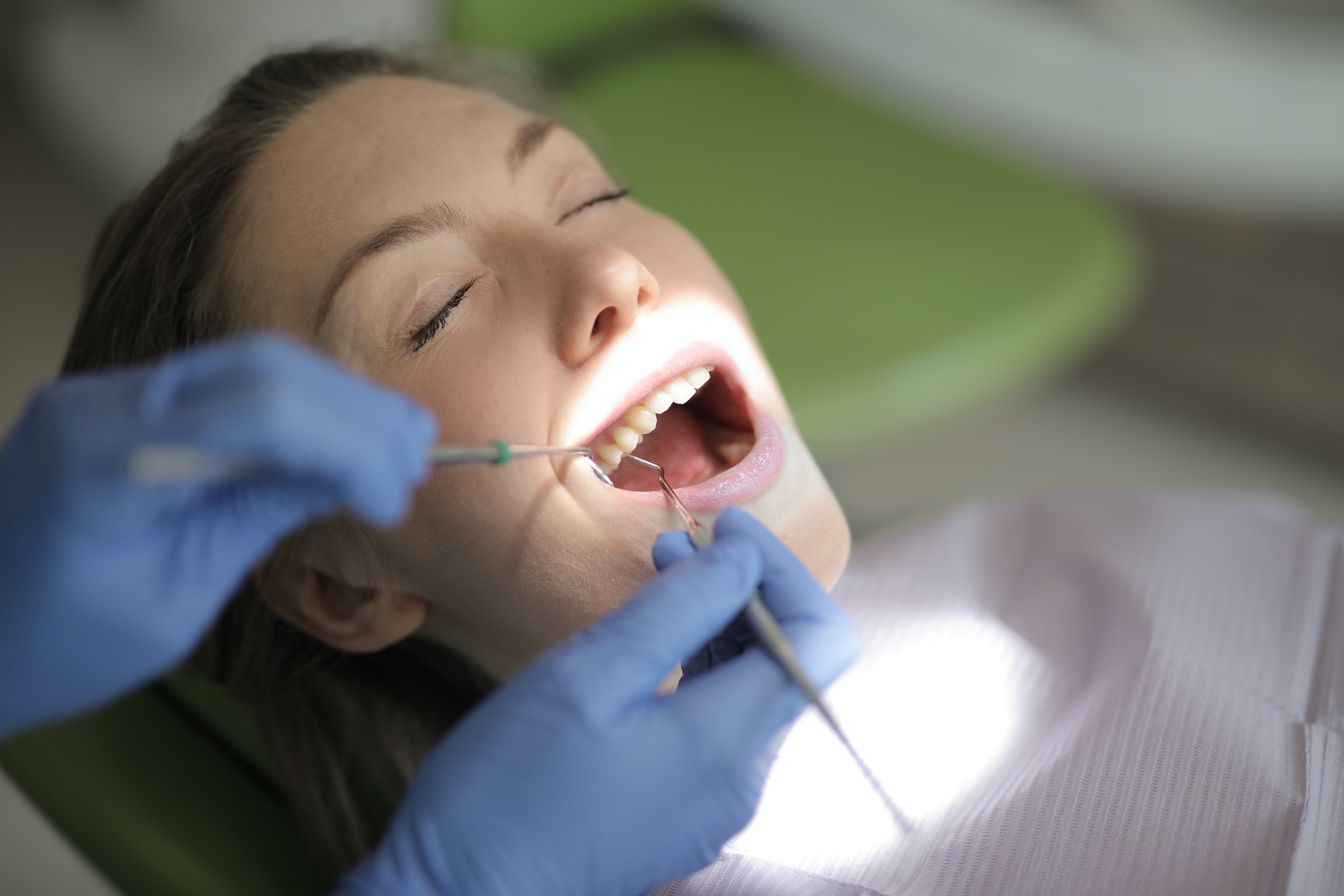Wisdom teeth, also known as third molars, typically emerge in late adolescence or early adulthood. For some people, these teeth grow in without any issues, but for many, they can lead to discomfort, crowding, and even infections. Oral surgeons often recommend removing wisdom teeth before they cause significant problems. Here are some common signs that may indicate it’s time to consider wisdom teeth removal.
Persistent Pain or Discomfort
One of the most noticeable signs that your wisdom teeth may need to be removed is ongoing pain in the back of your mouth. This discomfort can come and go but often intensifies as the teeth push through the gums or press against neighboring teeth. Ignoring this pain can lead to further complications, so it’s important to address it early.
Swollen or Tender Gums
If the tissue around your wisdom teeth becomes swollen, red, or tender, this may be a sign of infection or inflammation. When wisdom teeth only partially emerge, they can create pockets where bacteria collect, leading to gum infections. Swelling may also cause jaw stiffness or difficulty opening your mouth.
Crowding of Other Teeth
Wisdom teeth can disrupt the alignment of your existing teeth, especially if there isn’t enough room for them to grow properly. You may notice your front teeth starting to shift or feel increasing pressure in your mouth. This is particularly concerning for those who have undergone orthodontic treatments, as wisdom teeth can undo years of dental work.
Frequent Headaches or Jaw Pain
When wisdom teeth grow at an awkward angle or become impacted, they can place extra pressure on your jaw. This may lead to frequent headaches, jaw stiffness, or general discomfort that doesn’t seem connected to any other dental issue.
Difficulty Chewing or Cleaning
Wisdom teeth that partially erupt can make it difficult to chew properly or maintain good oral hygiene. Food and bacteria can easily get trapped around these teeth, increasing the risk of cavities and gum disease. If you find it hard to clean the back of your mouth thoroughly, this could be a sign that extraction is the best option.
Bad Breath or Unpleasant Taste
Trapped food and bacterial buildup around wisdom teeth can also cause persistent bad breath or a bad taste in your mouth that doesn’t improve with brushing or mouthwash.
Conclusion
If you’re experiencing any of these signs, it’s best to consult an oral surgeon promptly. Early evaluation can prevent more serious dental issues and make the removal process smoother. Wisdom teeth removal is a common, safe procedure that can protect your overall oral health and relieve discomfort.



